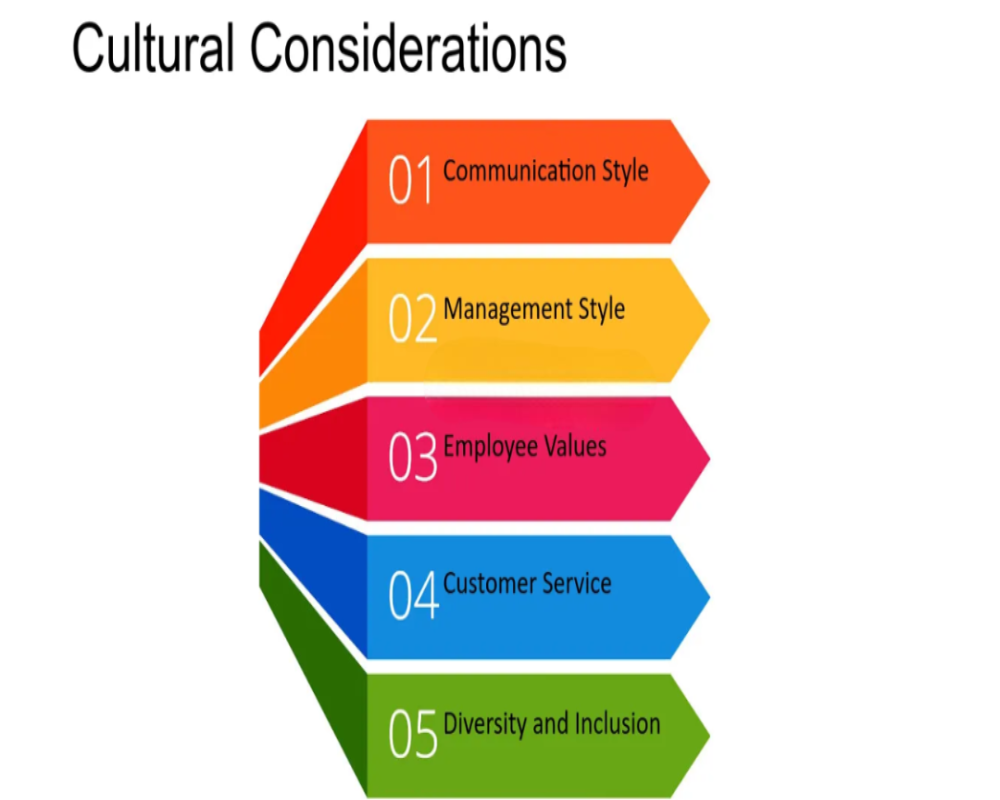Introduction
Cultural considerations are a critical, though often underestimated, component of successful industrial investment in emerging markets. For foreign investors venturing into developing economies—whether for acquiring industrial land, establishing manufacturing operations, or forming joint ventures—understanding and respecting local cultural norms, business etiquette, labor practices, and community dynamics is essential. Culture shapes communication, negotiation, governance, workplace behavior, conflict resolution, and even public perception. Misalignment between investor practices and local customs can lead to misunderstandings, operational inefficiencies, and reputational damage, whereas cultural sensitivity can build trust, improve stakeholder engagement, and strengthen long-term success.
Emerging markets are culturally diverse and complex, with traditions rooted in history, religion, language, social hierarchy, and communal identity. Cultural intelligence enables foreign investors to navigate this landscape thoughtfully, promoting both commercial performance and local integration.
Business Etiquette and Communication Styles
One of the first cultural hurdles foreign investors often encounter is differing communication styles. In many emerging markets, indirect communication is preferred over direct confrontation. What may appear as ambiguity or avoidance may actually reflect politeness, deference, or a desire to preserve harmony. In countries like India, Vietnam, Kenya, or Indonesia, being too blunt or insistent may be perceived as aggressive or disrespectful.
Business etiquette also varies significantly. In some cultures, meetings begin with extended social conversation before moving into business matters. Hierarchical structures may dictate who speaks, how decisions are made, and how formal interactions should be. Understanding these nuances helps build rapport and shows respect for local protocol.
Relationship-Based Business Practices
Many emerging markets operate on relationship-driven business models, where trust, loyalty, and personal connections (often referred to as “guanxi” in China or “compadrazgo” in Latin America) are central to deal-making and execution. Foreign investors must recognize that long-term relationship building is often more important than immediate transactional efficiency.
This requires patience, repeated in-person engagement, and often navigating informal influence networks alongside formal institutional processes. Failing to invest in relationship-building can stall approvals, complicate negotiations, or weaken post-acquisition support. Conversely, sustained local presence and interpersonal investment often result in smoother project execution and community goodwill.
Workforce Expectations and Labor Dynamics
Cultural norms also influence labor expectations, employee motivation, and workforce behavior. In emerging markets, local labor may have different attitudes toward time, productivity, authority, and organizational hierarchy compared to those in developed economies. In many Asian and African cultures, there is a strong emphasis on collective decision-making and deference to seniority.
For foreign industrial operators, it is essential to design human resource practices that honor local traditions while maintaining global standards. This includes adapting training programs, recognizing religious or cultural holidays, managing shifts around community routines, and respecting local dress or dietary customs where relevant. Moreover, involving local managers in decision-making and communication helps bridge cultural gaps within the workforce.
Community Engagement and Social Inclusion
Foreign investment in industrial land often affects local communities, particularly when development involves land acquisition, resettlement, or major infrastructure changes. In many emerging markets, land is not only an economic asset but also a symbol of heritage, identity, and collective memory. Ignoring these cultural dimensions can provoke resistance, social unrest, or legal challenges.
Culturally sensitive engagement involves early and transparent dialogue with community leaders, traditional authorities, and local residents. Respecting customary land rights, involving community representatives in planning, and addressing cultural concerns—such as relocation of shrines, burial grounds, or places of worship—are all crucial for obtaining social license to operate. Investors who approach land development with cultural empathy are more likely to secure long-term community support and regulatory facilitation.
Governance and Decision-Making Culture
The way decisions are made, both within government agencies and corporate entities, is often shaped by national culture. In hierarchical cultures, deference to authority may mean that final decisions are delayed until approval from the top is secured. In consensus-driven societies, broad stakeholder consultation may be necessary before a policy or project is finalized.
Foreign investors must adjust expectations regarding pace, process, and protocol. Insisting on rapid decision-making or challenging perceived delays without understanding the underlying cultural framework can strain relationships. Instead, aligning with local governance customs—such as seeking endorsements from influential elders, regional officials, or business associations—often yields better outcomes.
Legal and Ethical Perceptions
Perceptions of legality, compliance, and ethics also vary by cultural context. In some regions, informal practices such as gift-giving or facilitating payments may be culturally accepted, though they may conflict with international anti-corruption standards. Investors must strike a careful balance between local norms and global compliance requirements, ensuring transparency and integrity without alienating local partners.
This also extends to contract enforcement, dispute resolution, and corporate governance. In cultures where oral agreements or handshake deals carry significant weight, purely legalistic approaches may seem impersonal or mistrustful. Building trust through culturally respectful negotiation and honoring both written and unwritten commitments is vital for sustainable partnerships.
Language and Symbolism
Language remains a major conduit of cultural expression. Even when official business is conducted in English or another global language, underlying meanings may be lost in translation. Symbolism, body language, and tone play an important role in communication, and misunderstanding these cues can lead to confusion or offense.
Employing bilingual staff, engaging local translators, and learning basic phrases in the local language demonstrate respect and cultural curiosity. Signage, marketing, and public communications should also be reviewed for cultural relevance and sensitivity to avoid missteps.
Conclusion
Cultural considerations in emerging industrial markets are far more than matters of etiquette—they are foundational to successful investment, operational harmony, and long-term integration. For foreign industrial investors, cultural intelligence is not just a soft skill but a strategic necessity. By investing in understanding local values, traditions, social structures, and communication norms, investors can navigate complexity with sensitivity and confidence. In a globalized yet deeply diverse world, the ability to respect and adapt to cultural contexts often determines whether an industrial investment merely enters a market—or truly belongs in it.




